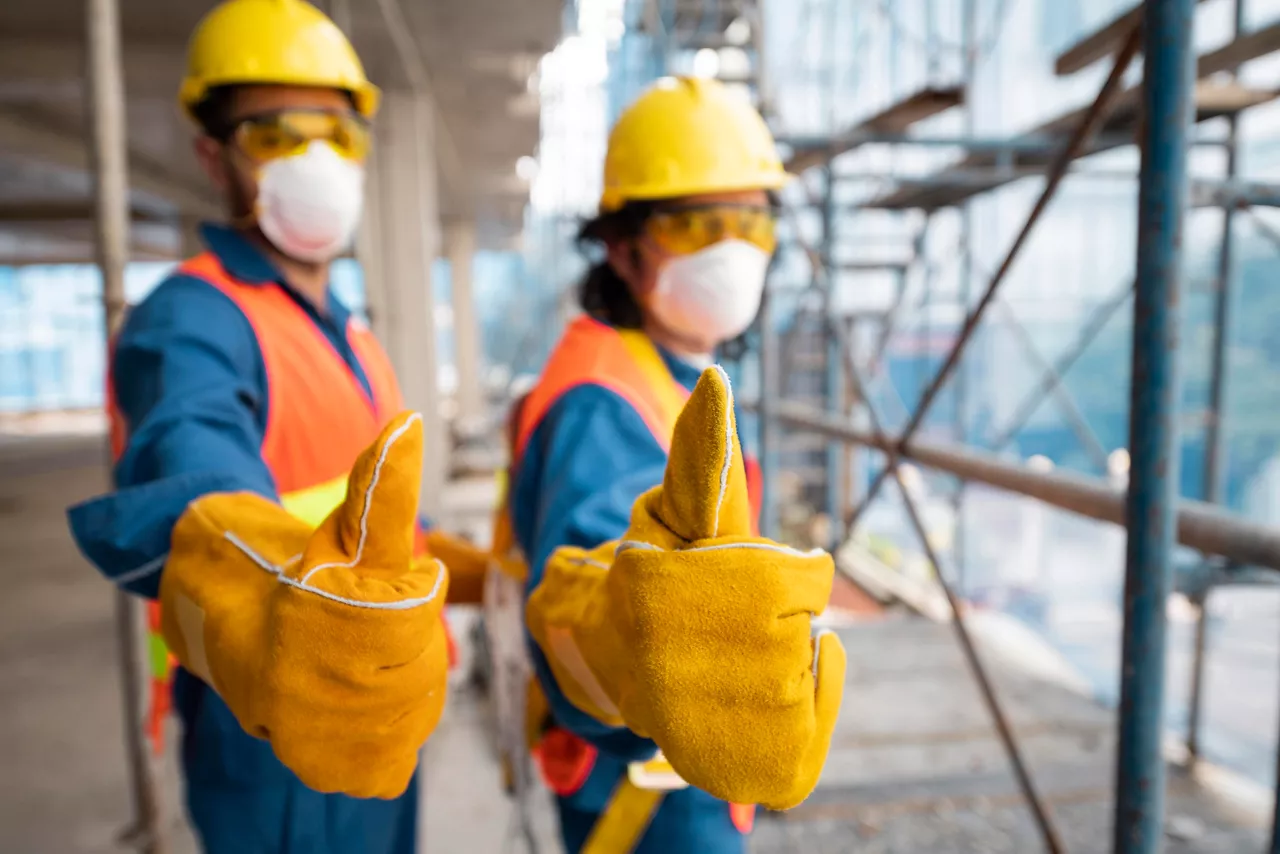?fmt=webp)
The construction industry in India is on the cusp of expansion. The Indian infrastructure industry is driven by factors such as urbanisation, technological enhancements, and rapidly increasing consumer awareness. The newfound emphasis on housing projects, coupled with consumers aspiring to build a domestic or commercial space, fuels the market. In this blog, we will be overviewing the Indian infrastructural sector through emerging construction trends.
Acceptance towards new technology
Gone are the days when Indian infrastructure used to rely on human effort to track progress. In recent years, the market has started to embrace new technological advancements to optimise productivity, efficiency and collaborative opportunities. Construction processes are being revolutionised by digital tools, from Building Information Modeling (BIM) and project management software to drones and Internet of Things (IoT) devices. Such technologies are proven to empower project planning and real-time progress evaluation, leading to data-driven decision-making.

Inclination towards sustainable and green construction practices
Rising environmental awareness and focus on sustainability has started to reflect in the decision-making. Along with architects and builders emphasising sustainable practices, consumers have also started to seek environmentally cohesive alternatives. Practices like solar panel installation or rainwater harvesting are becoming more and more common in tier-two cities of India. This change in the tide has reduced environmental impact while improving the longevity and holistic quality of the construction.
Rise in prefabrication and modular construction.
In markets like India, the demand for infrastructure is at a surge. Prefabrication and modular construction boost the efficiency of construction projects by reducing the on-site time of execution. These modern methods allow architects and builders to have better control over the site, offering several benefits, including reduced construction time, enhanced quality control, and minimal waste.
Commitment towards safety and quality
The modern builders and contractors are prioritising safety on site by following protocols to reduce the risk at work. This is also giving rise to a new-age management system that is quality-oriented. This practice not only focuses on the quality of work but also prioritises the safety of workers and occupants. This particular practice reflects positively on the credibility and reputation of construction companies.

Prioritising workforce development
The construction industry in India is facing a shortage of skilled labour and workforce development; however, to combat this challenge, companies have redirected their focus to talent development and training programmes. Companies have started to invest in training sessions to bridge the knowledge gap. In addition, technology and automation are helping the industry to optimise the existing labour. In conclusion, the Indian construction industry is in a transformative stage. Digitisation, urbanisation, and automation along with workforce development are set to upgrade the industry for years to come. Hence, the new-age builders and architects must consider India's skyline as their canvas to build the best infrastructure that will revolutionise the market further. To discover different types of building materials to bring your vision to life, click here tatasteelaashiyana.com
Subscribe and stay updated!
Get all the updates on our latest articles and client stories. Subscribe now!



